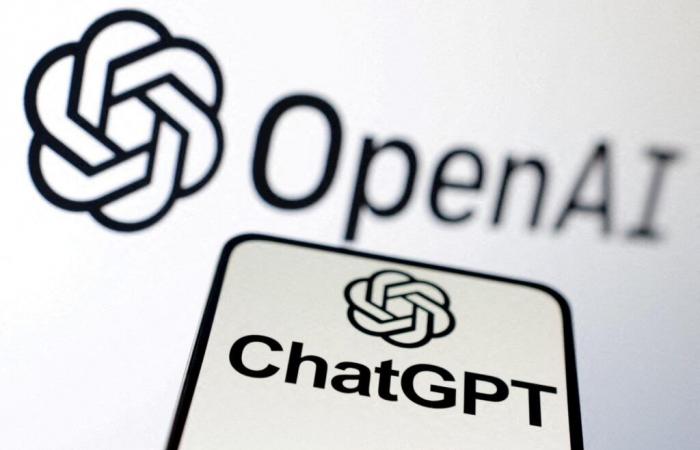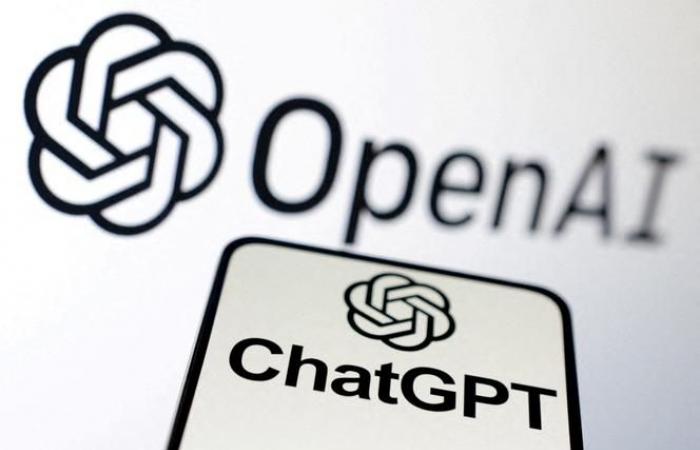The artificial intelligence company OpenAI announced on Thursday October 31 the launch of a search engine integrated into its flagship product, ChatGPT. Like Google or Bing, the conversational agent can now produce responses based on content recently published online. Until now ChatGPT was trained on a “finite” corpus: its sources did not go beyond the year 2023, preventing it from correctly responding to queries concerning, for example, news, weather or information. sports results.
This feature is currently available to paying users, and should become available to everyone in a few months. Concretely, all you have to do is ask ChatGPT a question (“where can I have dinner in Positano tonight?” », “what will the weather be like next weekend?” », “how to arrange a garden? »among the questions proposed as a demonstration by OpenAI), and it will offer a written answer, which can now be based on recent information (the weather, restaurant reviews, etc.). All accompanied by links to sources and supplemented with images or graphics. It is also possible to ask additional questions, “and ChatGPT will take into account the entire context of your discussion to provide the most relevant response for you”specifies OpenAI.
“Searching for useful answers on the web can take a lot of effort”explains the company in a press release. “This often requires carrying out several searches and sorting through links to find quality sources and the right information. Now ChatGPT can give you a better answer. » By positioning itself on the search functionality, OpenAI enters into direct competition with Google and with Microsoft (which holds 49% of its capital). Both companies already integrate AI into their traditional search engines, and their chatbots, Gemini and Copilot, already have a search function.
Media partnerships
OpenAI has been preparing the ground for months, notably through partnerships with several press publishers, including The World, Time Magazinethe News Corp group (owner of Wall Street Journal) or the German group Axel Springer. OpenAI will be able to rely on their content to provide answers to its users but promises that it will not prioritize these sources over others, and that those who do not wish to appear in ChatGPT will be able to report this. Relations between OpenAI and the press are not always good: the company is notably being sued by the New York Times for copyright infringement: the famous American daily accuses it of having trained its AI model on its content without authorization.
The quality of the ChatGPT search engine results will be closely observed, particularly a few days before the American presidential election, when chatbots regularly produce “hallucinations” (errors or pure inventions). Adam Fry, responsible for this new product, assured in a press conference that OpenAI would lend a “special attention” to requests regarding the election.
Read also | Article reserved for our subscribers Should we be worried about the “hallucinations” of AIs like ChatGPT or Gemini?
Read later







